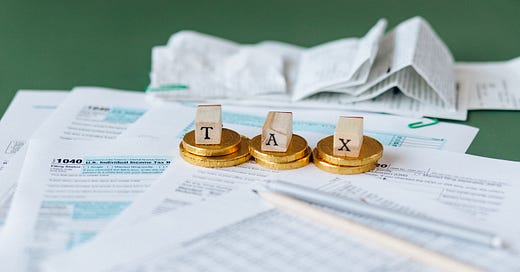How Tax Havens Make Money
You may already know that most governments make money through the various types of taxes they levy on individuals and businesses. These taxes can be at the local, state or federal levels. The main reason why governments need money is to be able to fund any expansion projects, ranging everywhere from infrastructure to healthcare-related stuff.
But there are some countries that are called “Tax Havens”, primarily because they levy little to no income tax there. This provides a very business-friendly environment to people, especially high-earners. A tax of Rs. 2L out of Rs. 10L already seems high, imagine if you have to give Rs. 3 Cr out of Rs. 10 Cr every year.
While they are called tax havens, these countries are not “free” to live in. There are other sources of income they tap into, let’s talk about those.
Corporation Registration and Renewal Fees
Since tax havens are attractive to companies because they can keep more of their gross profits with themselves, the companies would be more than happy to pay relatively small fees in order for them to be able to set up their offices in the country. This creates recurring revenue for these governments. Just as an example, it's estimated that the British Virgin Islands collected over $200 million in corporate fees in the year 2016.
Import Duties
These countries generally impose a high level of taxes on imported goods. This boils down to a higher cost of living in these countries since the consumers would have to pay for the added cost. In fact, it was shown in a BBC documentary that a pack of fish sticks retailed for as much as £8.50 in the Cayman Islands in 2016. (see here)
Departure Taxes
This one is more tourism based. For countries like UAE and Barbados, this is a valid option since there is a lot of tourism revenue coming their way. These countries can take a fee from people leaving the country or it could be set up so that people coming and going through a particular airport have to pay a fee. For example, people flying outside and within the Caribbean have to pay different amounts of fees, which are normally added to the passengers’ airline tickets.
While all of this is easy to understand, it only benefits the normal person when they are a high-earner, enough for the tax value to matter to have to shift bases (and for the country to want to attract them too). We’ll talk more about tax havens in later articles.
While that’s it for this article, you can read all my articles here. And do let me know if you want a specific topic covered! Subscribe for free to receive new posts and support my work.



